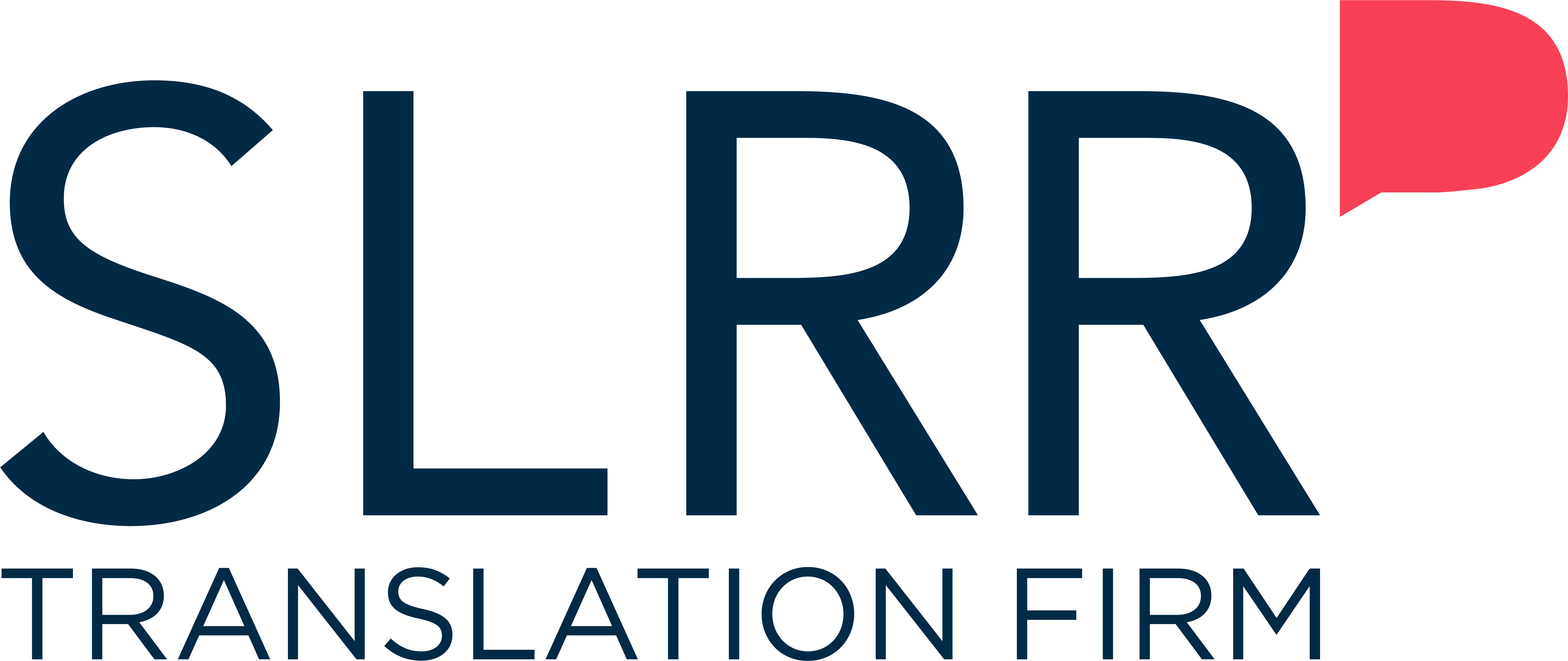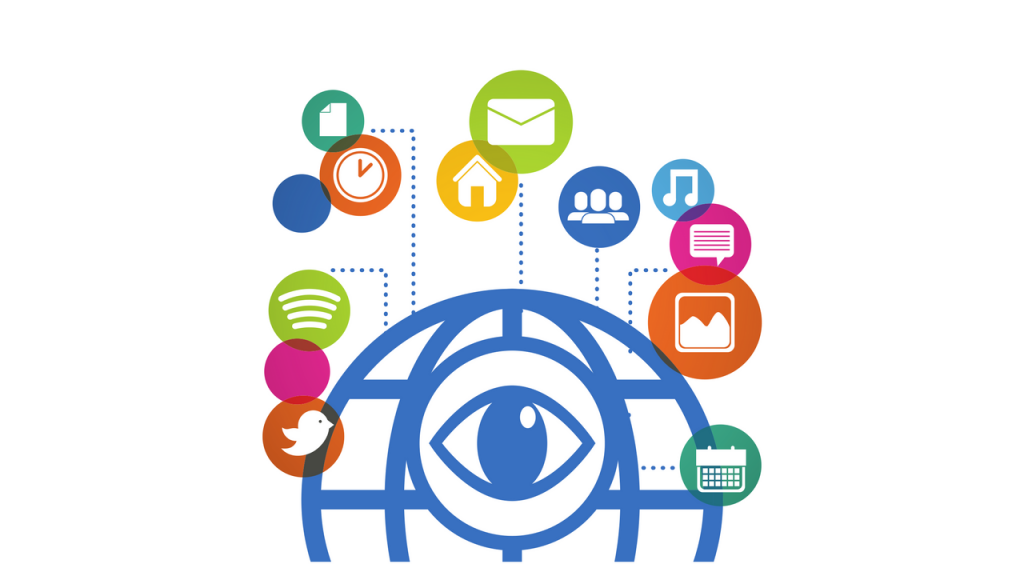A good translation possesses two qualities. First, it must faithfully convey the meaning of the original text using the appropriate vocabulary and terminology. That goes without saying. Secondly, and most importantly, a good translation must be idiomatic. What do we mean by “idiomatic?” A translation is idiomatic if it conforms to the characteristics and customs of the language in question. In other words, the translation must be phrased naturally for the people who will be reading it, as if the text had originally been written in that language. This article will shed some light on the importance of choosing a professional translation agency that can offer you idiomatic translations that are perfectly tailored to your communication needs.
The danger of literal translation
Don’t be fooled: machine translation tools can’t replace the services of a professional translation agency. At best, they produce very literal (word-for-word) translations, and at worst, they generate completely incomprehensible texts! Each language has its own grammatical code, as well as its own ways of expressing ideas and realities. Only professional translators have the necessary background to understand these subtle differences between languages and make the necessary adaptations to the translated texts. SLRR Translation Agency is a translation agency that offers its clients the services of translators who take their work seriously and don’t settle for translating word-for-word!
The importance of cultural context
From one language to the next, the cultural references aren’t necessarily the same. And even from one part of the world to another place where the same language is spoken, the cultural differences are quite noticeable. A good translation agency always takes the cultural context in which the recipients of each text operate into account. Translation agencies in Montréal and Québec City offer their clients texts that are tailored to the cultural context in Quebec and Canada. More and more of them are also offering multilingual translation services adapted to different markets for companies that want to broaden their horizons.
The communication goal
To create a good translation, it’s not enough just to understand the meaning of the words and the cultural references in the text. The translators at a translation agency must also take your communication goals into account to guide them in their choices. Do you want to inform, convince, charm, give instructions, or a little bit of all of that? And more broadly, what is the goal of your company or organization? By doing business with the right translation agency, you’ll have a privileged partner who is attentive to your needs and objectives. That way, the translation agency will deliver translations that are accurate, idiomatic, and tailored to both the culture and the communication goal without fail.
To learn more about how to choose a professional translation agency, read the article “3 Questions to Ask Yourself When Choosing a Translation Agency” or write to SLRR Translation Agency.










